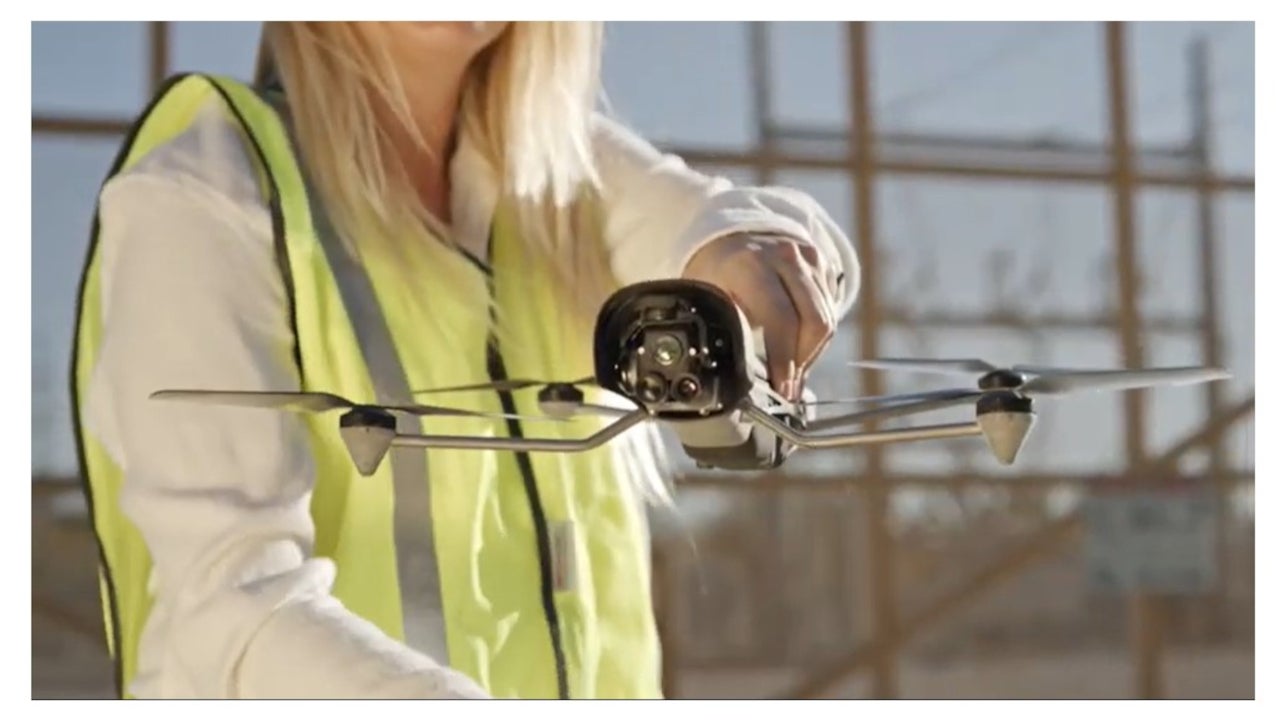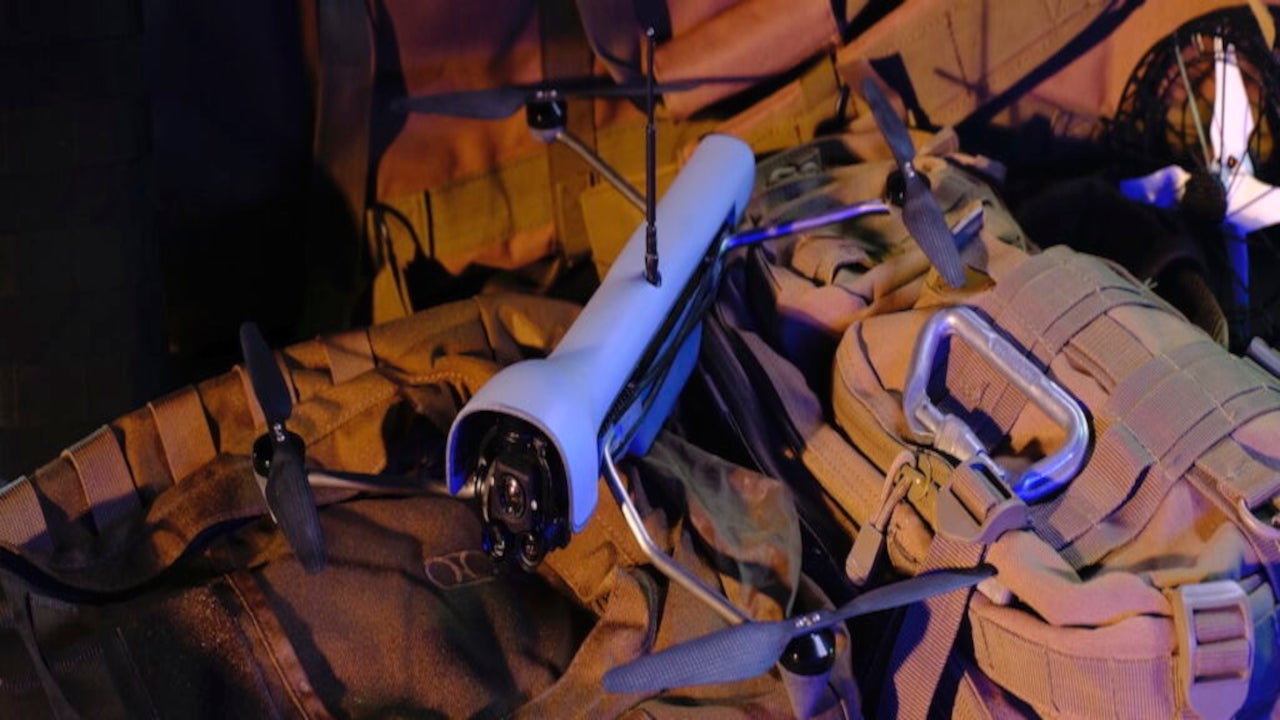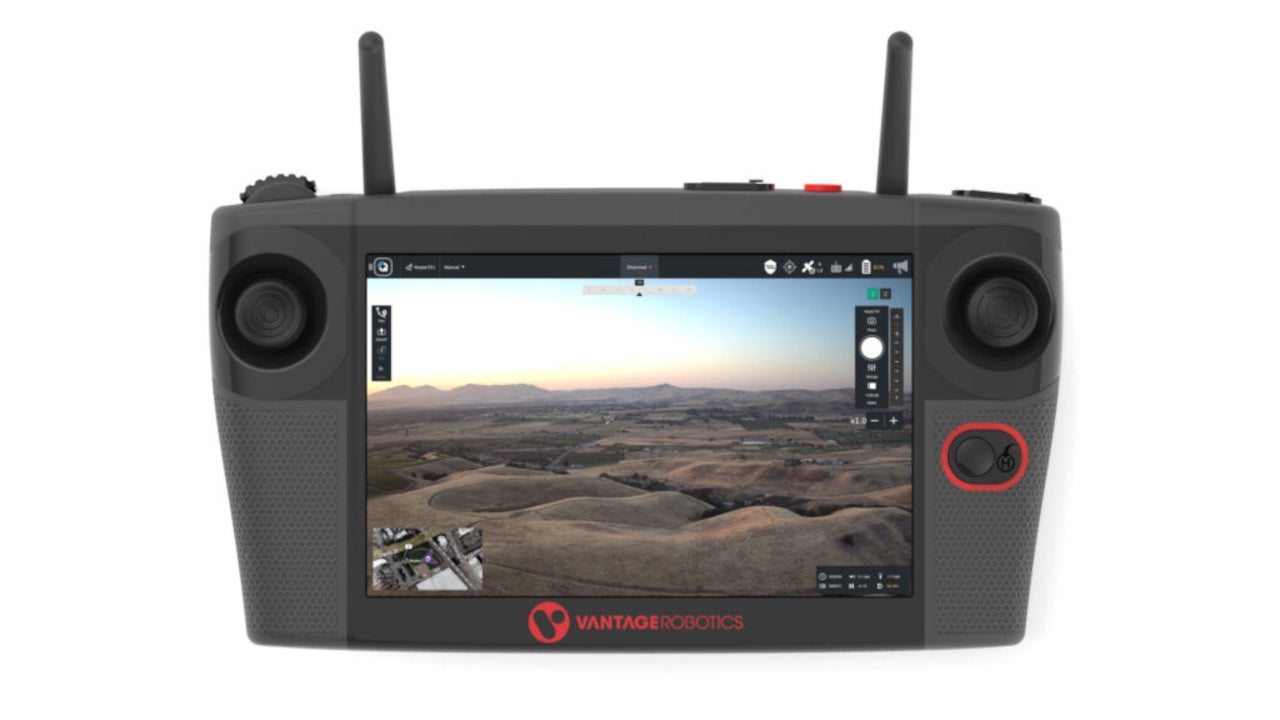The Vesper unmanned aerial vehicle (UAV) is a new intelligence, surveillance, and reconnaissance (ISR) drone developed by Vantage Robotics, to improve situational awareness of the US defence forces in mission-critical environments.
Vantage received a $1m small business innovation research (SBIR) contract by the US Air Force through AFWERX to develop a new form of low-cost sensory-augmented ISR UAV for Air Force Special Operations Command (AFSOC), the Air Force Security Forces Centre (AFSFC) and the Air Force Civil Engineering Centre (AFCEC) in November 2020.
The company is extending the capabilities of Vesper to meet the requirements of the US Air Force (UASF). The remote operational capabilities of the drone can improve the efficiency of the USAF for situational awareness, team supervision, and assets monitoring while minimising the travel requirement during the Covid-19 pandemic.
Vesper was made available to commercial customers in December 2020.
Vesper ISR Drone development
Vantage Robotics was also selected by the US Army for the development of an inexpensive, portable, short-range reconnaissance (SRR) UAV prototype in April 2019, resulting in the development of the Vesper drone with an investment of $2.5m in October 2019.
Additional funding of $1.4m was allotted for the design and production of 25 Vision Ground Control Stations (GCS) and an additional 25 Vesper units. The drone entered service with the US Army in 2020.
The US Air Force granted authority to operate (ATO) certification to the Vesper and Vision GCS. It was supported by the tests conducted by the Department of Defence’s (DoD) Digital Defence Service and Defence Innovation Unit.
Vesper drone design and features
Vesper is a 690gm quadcopter drone operated using the Vision GCS. The drone is designed to withstand a force of 90kg when stored in its case and can survive a temperature range of -200C to 450C. Both the drone and the Vision GCS are durable in the air, water and land and can be prepared for flight in less than 90 seconds.
The Vision GCS offers tactile controls with a battery life of four hours, 500GB storage space and an Intel i-3 processor for real-time 3D mapping. The modular, photogrammetry-ready, magnetic snap-together architecture of the drone allows rapid transitions among the battery, propellers and rotors, each can be swapped in less than five seconds.
Payload
The payload of Vesper comprises two night-vision 4K colour cameras and an industrial-grade thermal camera for high performance.
Vesper’s 2x low light 4K electro-optical infra-red (EO/IR), 320p thermal, 48x zoom, three-axis stabilised gimbal camera offers superior zoom with stable video. It helps to identify threats in any conditions and eliminates the risk of detection. It offers face recognition from more than 60m distance with an 18x zoom down to a 30 HOV.
The drone’s Greenseer gimbal camera with F1.0 optics and highly sensitive large pixels has superior stability for long-exposure times, multi-frame noise reduction, and custom-tuned images for optimal performance in low light conditions.
The advanced imaging capabilities of Vesper allow effective images down to 0.01 lux, while the 320×240 custom-tuned thermal camera enhances nighttime capabilities.
Communications of Vesper ISR drone
Vesper has a maximum data link range of 8km with a directional antenna and 4km with a standard antenna for video streaming. It uses Wi-Fi for high-speed data transfer to GCS.
Performance
Vesper has a maximum speed of 72km/h and can reach a maximum range of 45km. The maximum endurance of the UAV is 50 minutes. It delivers superior stealth performance with no visibility at 100m, no noise at 50m, and noise levels of 37dBa at 25m which is lower than the detectable thresholds for most conditions.
Vesper and Vision GCS meet all the security requirements of the US Air Force and Army, including secure user authentication, AES-256 communications and data encryption, national defence authorisation act (NDAA) compliant supply chain, and bonded construction to prevent tampering.








